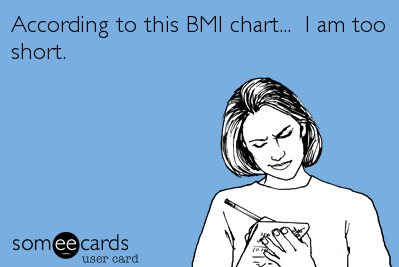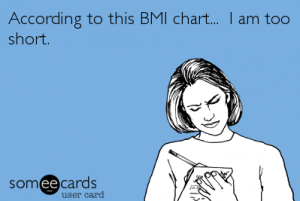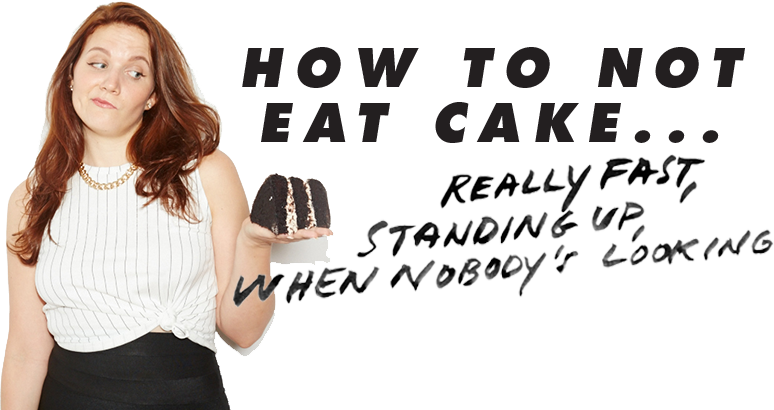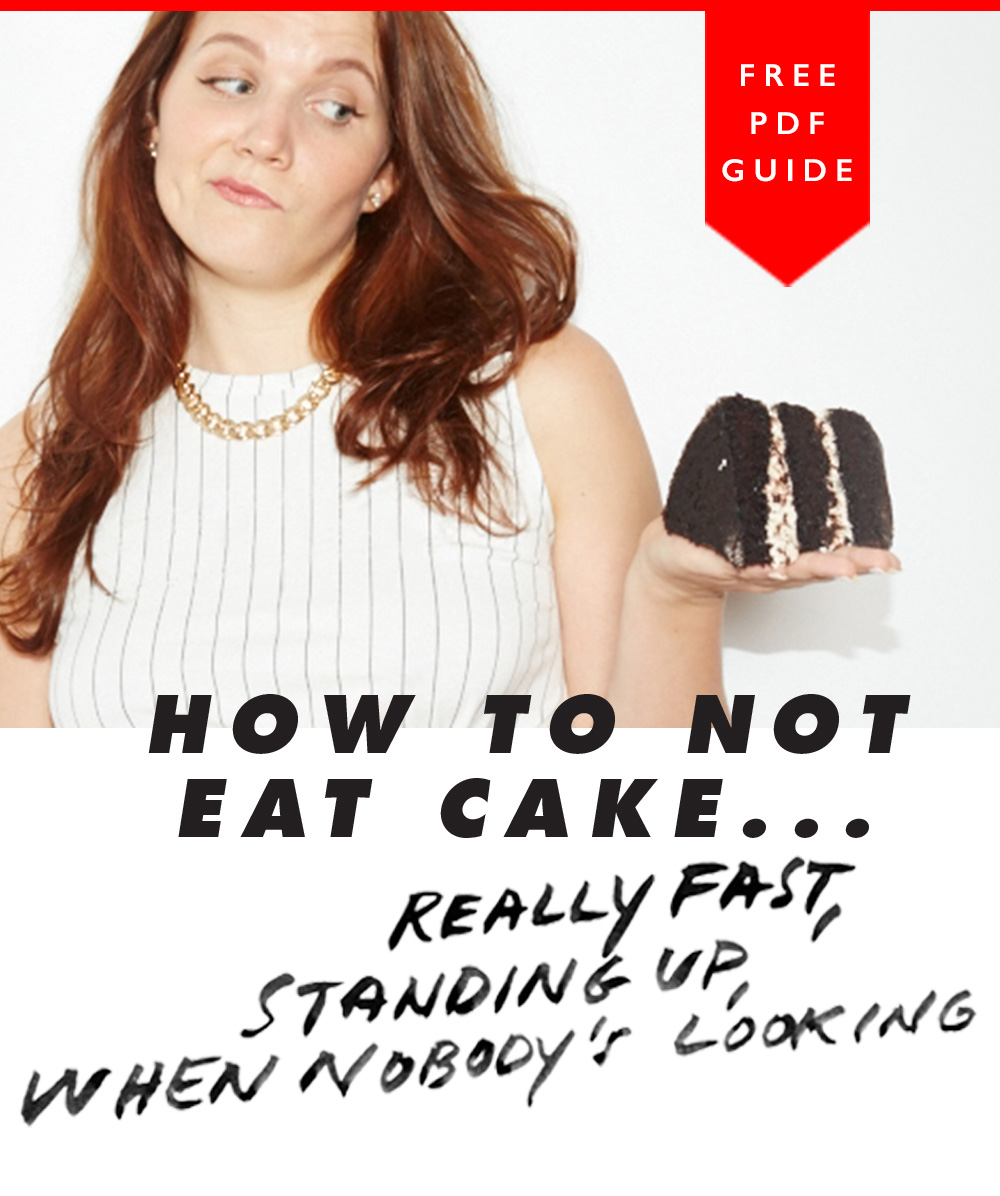
How BMI affects emotional eating
 I recently made a passing comment to a colleague…something along the lines of “BMI is bullshit.”
I recently made a passing comment to a colleague…something along the lines of “BMI is bullshit.”
In the slightly patronizing manner that only an older, male, health professional can assume, he said to me: “I would be careful to make blanket statements like that…you don’t know all of the different ways that BMI is used…”
I immediately re-analyzed my statement.
Can I fully stand by the blanket statement “BMI is bullshit” in all cases?
What about when evaluating the health of starving children in Africa?
What about when evaluating the health of different demographic populations?
I thought about it deeply…
and my answer was a resounding YES,
because BMI as a concept is founded upon the assumption that there exists a specific weight range that is healthful for everyone, and that all human bodies, are essentially, the same. It assumes that humans are no different than iPhone 6’s — that my body at 5’6 should look roughly the same as your body at 5’6 — and that our health can be effectively evaluated based on how we compare to the general population “average” rather than how we compare to our own natural, individual, setpoint weight. BMI as a concept fails, in all circumstances, by virtue of the fact that it denies the existence of body diversity, by definition.
(and I can think of much more effective ways to figure out if humans are starving to death, but that’s another email for another time).
For anyone new to my emails, you may be wondering, why am I bringing this up? How does this relate to your food/binge-eating/emotional-
It relates a lot.
Because most women enter into the diet-binge cycle assuming there is a weight they should be, that is different than what they are, based on these population averages, rather than based on where their own, unique, individual bodies land naturally when they take care of themselves.
Every emotional / binge-eater / crazy-around-food person on the planet, got that way because they messed with their food in an attempt to manipulate their size through force and control.
To be clear, they did not get that way by trying to eat more vegetables for the sake of health,
they got that way by trying to literally fit into a physical mold predetermined for them by a society that thinks we should all look the same: thin. And thin within a relatively narrow band.
Until we as a society begin to embrace the fact that body diversity exists — that we are not iPhone 6’s all meant to look exactly the same — dysfunctional food behaviors, on the restrictive and rebellious sides, will continue to exist. Period.
Like this post? Sign up here for free weekly(ish) coaching emails.

